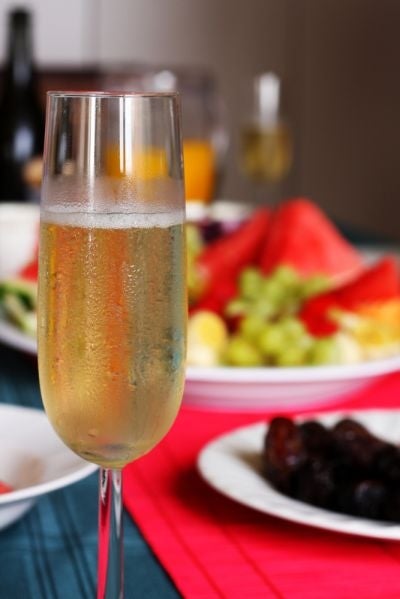Your support helps us to tell the story
From reproductive rights to climate change to Big Tech, The Independent is on the ground when the story is developing. Whether it's investigating the financials of Elon Musk's pro-Trump PAC or producing our latest documentary, 'The A Word', which shines a light on the American women fighting for reproductive rights, we know how important it is to parse out the facts from the messaging.
At such a critical moment in US history, we need reporters on the ground. Your donation allows us to keep sending journalists to speak to both sides of the story.
The Independent is trusted by Americans across the entire political spectrum. And unlike many other quality news outlets, we choose not to lock Americans out of our reporting and analysis with paywalls. We believe quality journalism should be available to everyone, paid for by those who can afford it.
Your support makes all the difference.According to a September 28 announcement from the University of Southern California (USC), carbonated drinks are similar to horseradish and mustard to your nose and set off pain sensors.
Emily Liman, PhD, an associate professor of biological sciences in USC's neurobiology department who led the study published online in the September edition of the Journal of Neuroscience, said, "Carbonation evokes two distinct sensations. It makes things sour and it also makes them burn.
"We have all felt that noxious tingling sensation when soda goes down your throat too fast.
"What we did not know was which cells and which molecules within those cells are responsible for the painful sensation we experience when we drink a carbonated soda."
Apparently, the body processes soda, sparkling water and the like as though it were wasabi.
"The burning sensation comes from a system of nerves that respond to sensations of pain, skin pressure and temperature in the nose and mouth."
Perhaps the city of Paris might want to rethink the new free sparkling water fountain in Jardin de Reuilly that emerged on September 21.
However, Liman et al found research dating back to 1885 showing carbonation inhibits bacterial growth.

Join our commenting forum
Join thought-provoking conversations, follow other Independent readers and see their replies
Comments